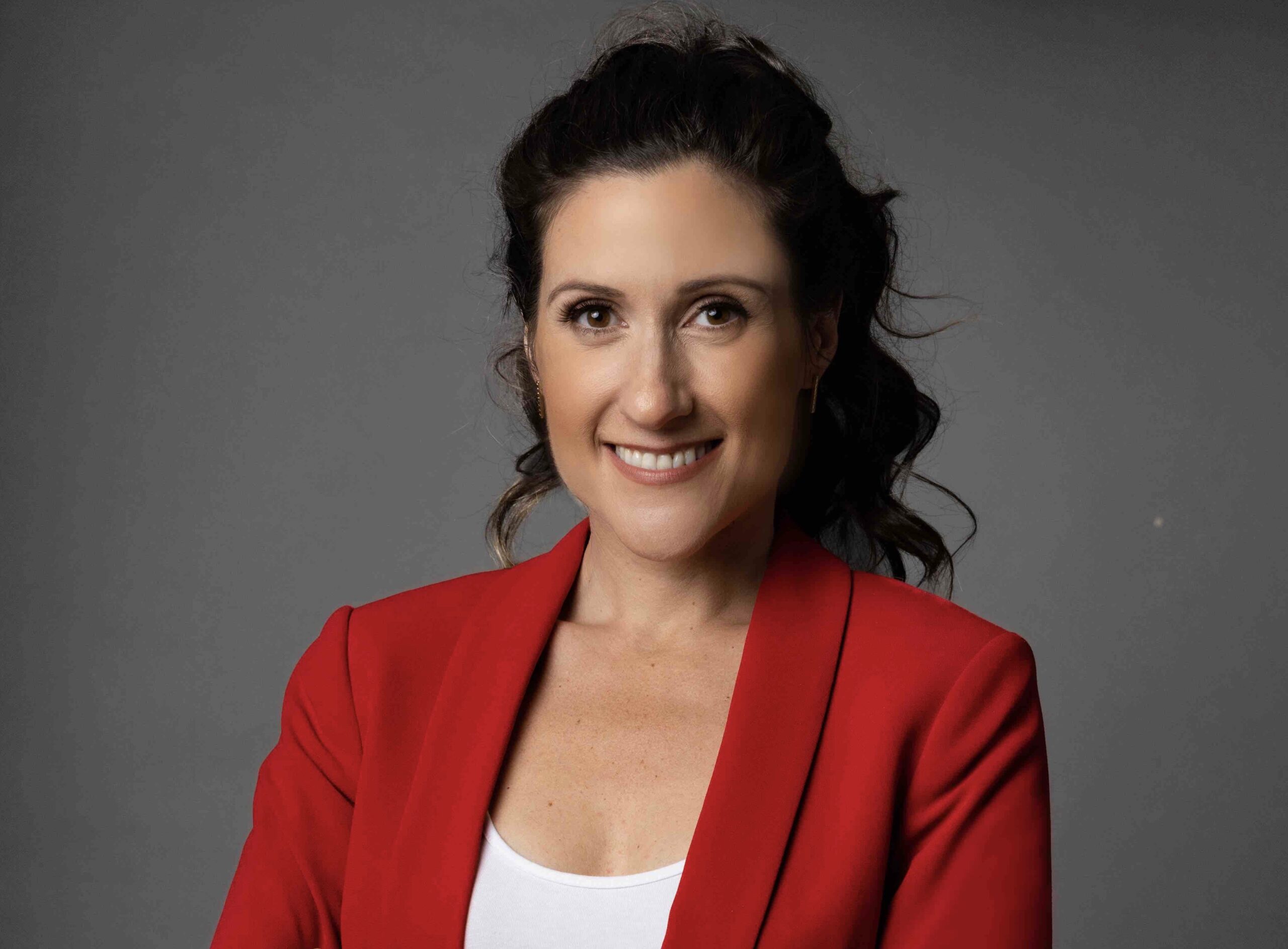In this article Mary Grothe founder of House of Revenue shares her top lessons she learned as a CEO
As a 3x founder, I’ve learned several lessons and am starting to understand what it means to be a CEO. It’s one thing to get the title, especially as a founder because you can give it to yourself, but it is quite another to earn the title and use its power for good.
Here are the top 5 lessons I’ve learned as a CEO.
I have power and influence, even if I don’t want to believe it.
It took me a few years to realize that even though my organization is flat and everyone has direct access to me, my team doesn’t see me as a peer or friend. As an extrovert with a big heart, I am in this for my team and my clients, but the CEO title can unintentionally create fear, anxiety, nervousness, and intimidation with my team. With that, I have embraced its power and I ensure I enter into all conversations with calmness and curiosity. I get to create the environment and experience for each conversation. How I show up impacts my team member’s day and potentially how they show up to everyone in their life. If I show up poorly, it may cause frustration and negative emotions inside my team member who then spreads that to others at work and at home. The snowball effect can be damaging, therefore I choose to create a safe space for all conversations and ensure my response is calm, loving, professional, and helpful.
Overinflated titles cause title debt.
As a startup founder/CEO, it’s easy to assign big titles to team members to offset the inability to offer large comp plans and benefits out of the gate. However, those titles come with a price tag, often resulting in inflated egos, misalignment with responsibilities and expectations, and a future inability to add high-level, more distinguished team members as the company scales. I’ve learned to curb the desire to offer C-level and VP titles to team members until they reach a defined combination of tenure, experience, and proven accomplishments. Transparent and fair market value compensation plans are important to me, therefore I resist the urge to satisfy a team member’s ego with a large title they truly haven’t earned yet. It will serve them in the long run and it also serves my company, as there may be a day on our journey where we need to attract a high-level C-level or VP-level hire with a resume that trumps others, and if I do, it won’t make sense if others on our team have the same title with half the experience.
Team members may only serve me for a season, not a lifetime.
I cried during my first employee resignation. The thought that I didn’t provide a long-term opportunity for them devastated me. Four years later, I’ve learned to embrace that everyone will eventually leave, but I can create the best experience for them while they’re here and support them wherever they go. In fact, it’s become a practice that we embrace as a larger team and we always celebrate team members who “graduate” our company and secure a greater opportunity outside of our company. I’ve been known to serve people in various capacities long after they’ve been employed with us. My heart for them doesn’t change after they leave.
Everything is a choice.
Life is hard, being a CEO is harder. The ups and downs can be euphoria or utter devastation. I’ve learned to not take challenges too seriously or emotionally react, and I always choose to believe that God works everything together for our good, even when it doesn’t look like it at first. I choose how my calendar is blocked. I choose how I prioritize my tasks. I choose which clients we bring on. I choose who we employ. I choose how I respond to adversity. I choose to show up powerfully, from a place of love and light. I also choose to love everyone, regardless of the situation and remember that our time on earth is temporary, but the way I interact with people will leave behind a legacy I want to be remembered for.
It’s not about me.
At first, the CEO title fed my ego and made me proud. Now, my team’s success and my client’s success are what I live for. Shifting the emphasis from me to them has resulted in significant growth and profitability. I’ve worked hard to decrease the need for immediate gratification and to see my name in the spotlight. It felt so good for the first few years as a CEO to win awards and be on the Top 100 lists, but those faded quickly, and I was always thirsty for the next hit. Decreasing that desire has allowed me to create space for what matters most; serving and propelling people forward in life. As a CEO, that’s what the impact and power I have, and I plan to use it.





